St. Cyprian of Carthage
Another pastor steps down amidst scandal. Another victim steps forward to name her abuse. Another angry Christian goes on a social media tirade. Another fracture. Another revelation. Another schism. Another person leaves the Church disillusioned.
I don’t know about you, but I feel exhausted and discouraged as I look at the state of the Church today. Why are there such deep divisions? How many more revelations of abuse can emerge? How much more can we handle? It can certainly be overwhelming, and it’s hard to know exactly how to move forward faithfully. All I can pray many days is: Lord, have mercy on us.
At first glance, the early church may seem like the strangest place to look for wisdom navigating our contemporary context. The ancient world just feels so distant, so other. Yet, in reality, aspects of life in the early church mirror our own tensions: a pluralistic religious and philosophical context, warring political factions constantly vying for power, Church leaders who sought to faithfully follow Christ but often failed, a culture opposed to Christian teaching in fundamental respects. The similarities are stunning when you begin to read the narratives that pagans leveled against the early church.
St. Cyprian of Carthage was a North African leader in the early church. A Black man of Berber descent, St. Cyprian was born and worked in the major urban center of Carthage, one of the largest cities of the Roman Empire at the time. Cyprian had been well educated in pagan philosophy and worked in the prestigious role of public orator and teacher of rhetoric until he was converted to Christ in mid-life. It was the humble witness of an elderly priest named Caecilianus through which Cyprian came to know and love Christ. Cyprian later recounts how everything changed after his conversion to Jesus Christ as Lord. In a world that confessed “Caesar is Lord,” St. Cyprian proclaimed that “Christ is Lord.”
St. Cyprian was ordained shortly after his conversion and quickly rose to prominent leadership. He was catapulted into public controversies early on. One of these debates, the “Novatian controversy,” centered on the question of how the Church should respond to lapsed Christians who had faced persecution and recanted their confession of Christ. If these lapsed Christians returned to the Church with contrition, should the Church permit them back into Communion or withhold Communion? A teacher named Novatian argued that they should be denied Communion. But Cyprian advocated that through penance and a time of testing, they should be readmitted to full participation and Communion. Though the path toward forgiveness and reconciliation required true sacrifice, St. Cyprian believed that God always offers a path of mercy through judgment.
Later in life, Cyprian wrote a treatise titled “On the Unity of the Church,” in which he articulates a theology of the Church while reckoning with the harsh on-the-ground experience of ecclesial life. He famously wrote that “you cannot have God as Father without the Church as Mother.” Though the Church often fails in horrific ways, Christ has bound Himself together with this Bride. So you cannot have Christ fully without life in the Church to which He is joined.
Saint Cyprian was so convinced of the goodness of Jesus Christ in and through the Church that, when persecution returned to Carthage, he endured unjust imprisonment and was beheaded in 258 for refusing to renounce the Name of Christ.
As I ponder the witness of St. Cyprian and how it illuminates our contemporary context, I can’t help but notice the parallels. The Church certainly is a mess today. We ought to be shocked and grieved at many instances of abuse emerging today. Jesus of Nazareth certainly grieved the failures of religious leadership that he encountered in the flesh. Deep moral failings require a strong emphasis on justice for the oppressed and judgment on perpetrators. And yet, God’s mercy remains for all people: for the victim of various forms of harm and for the lapsed leader as well. The Great Physician knows what remedy each person needs for healing our sin-sick world.
Of course, no simplistic answer can reconcile all of the tensions and griefs we bear today. Only Christ knows the full weight of horror and what healing looks like for each of us. How are you seeking to make sense of our current divisions? How is Christ in the midst of it all?


